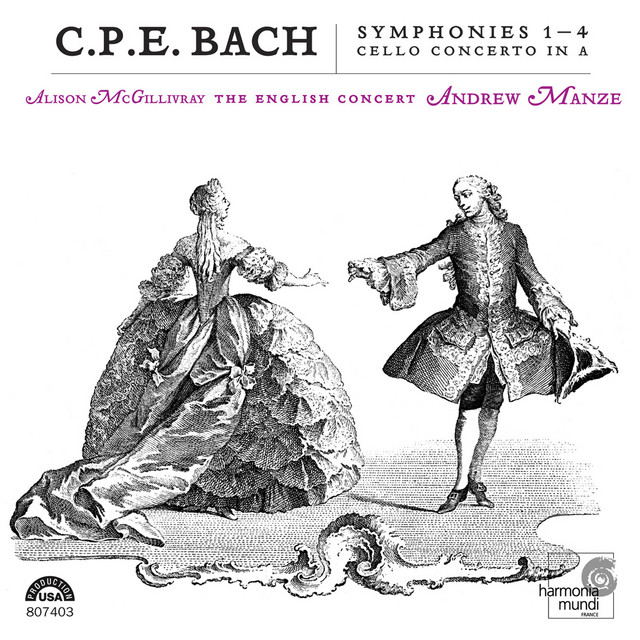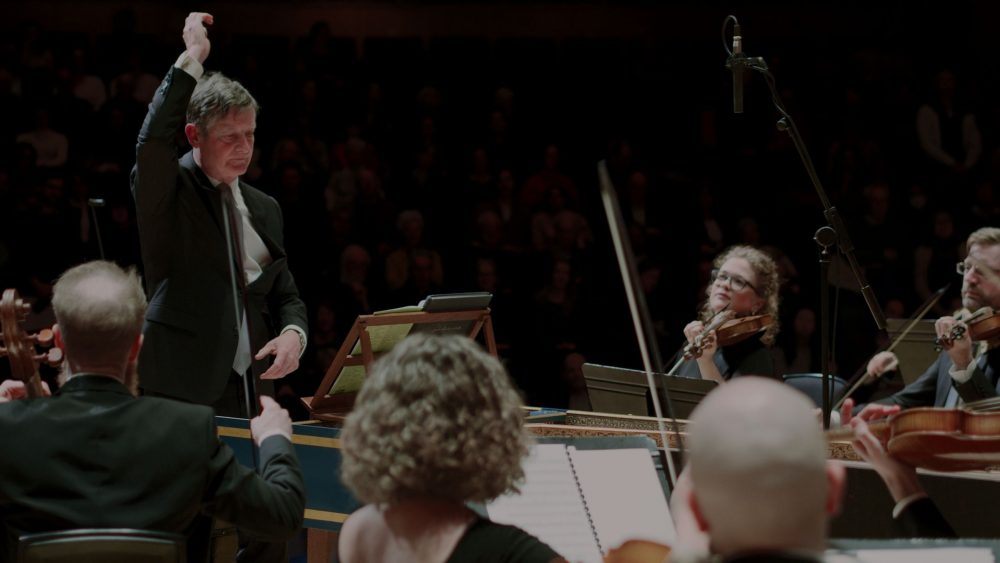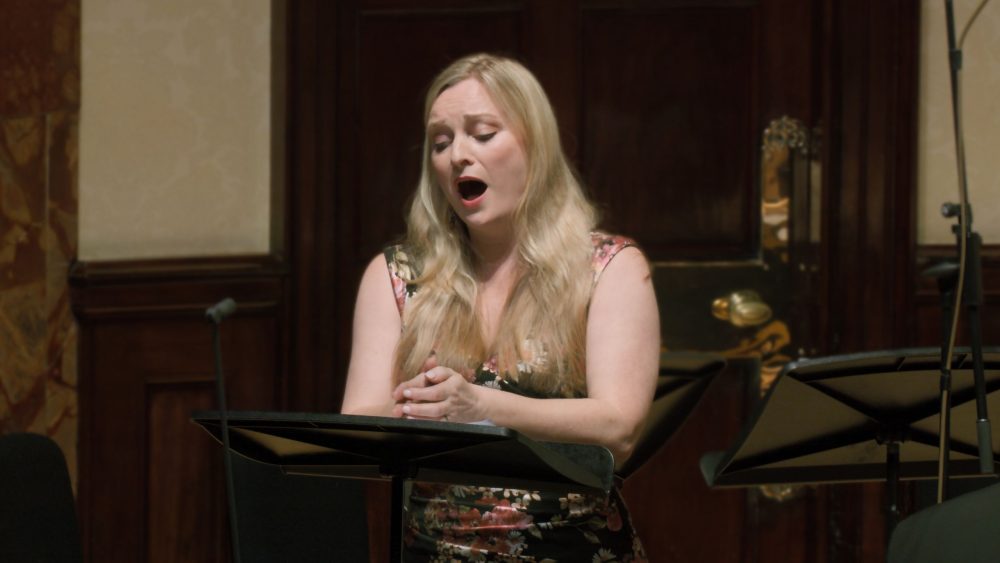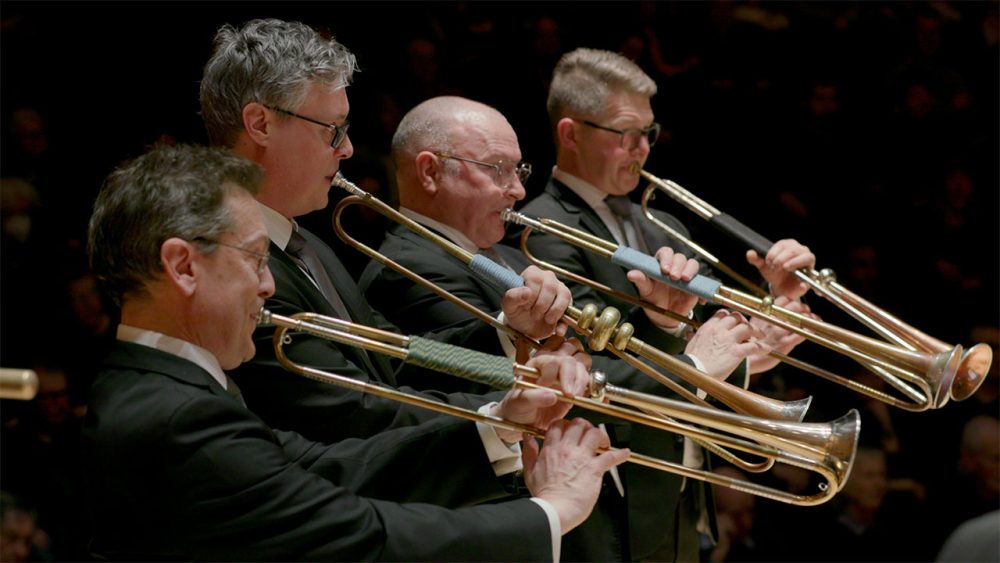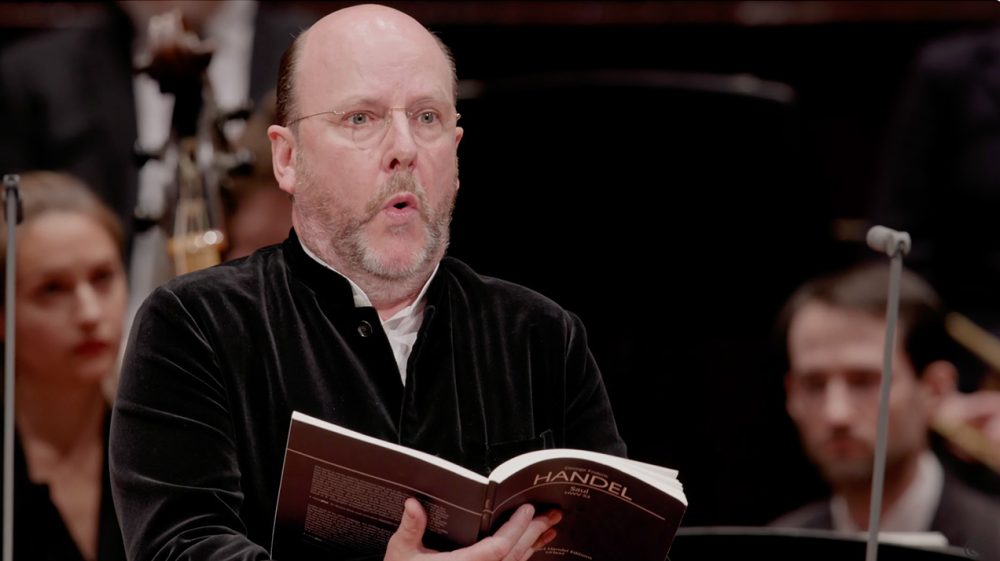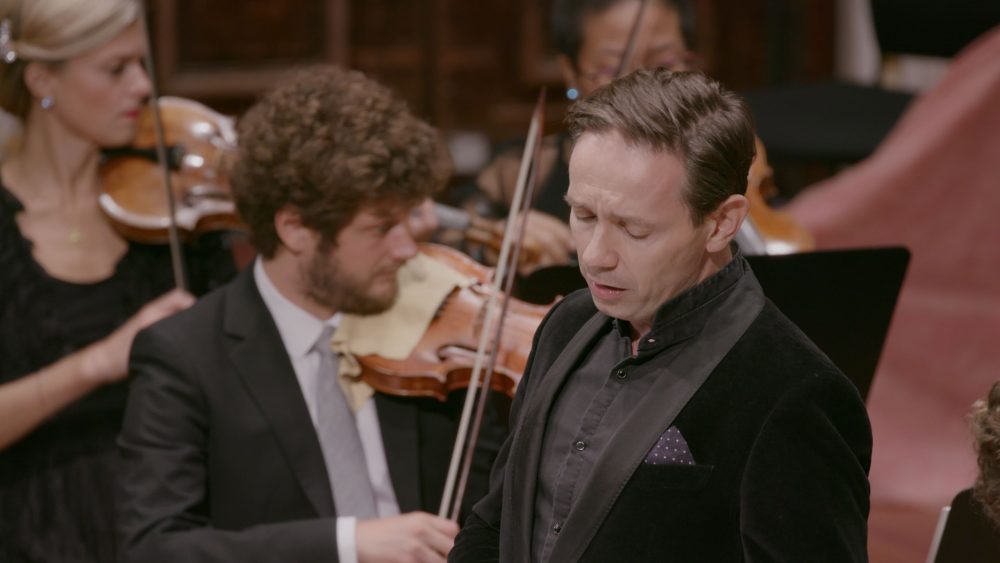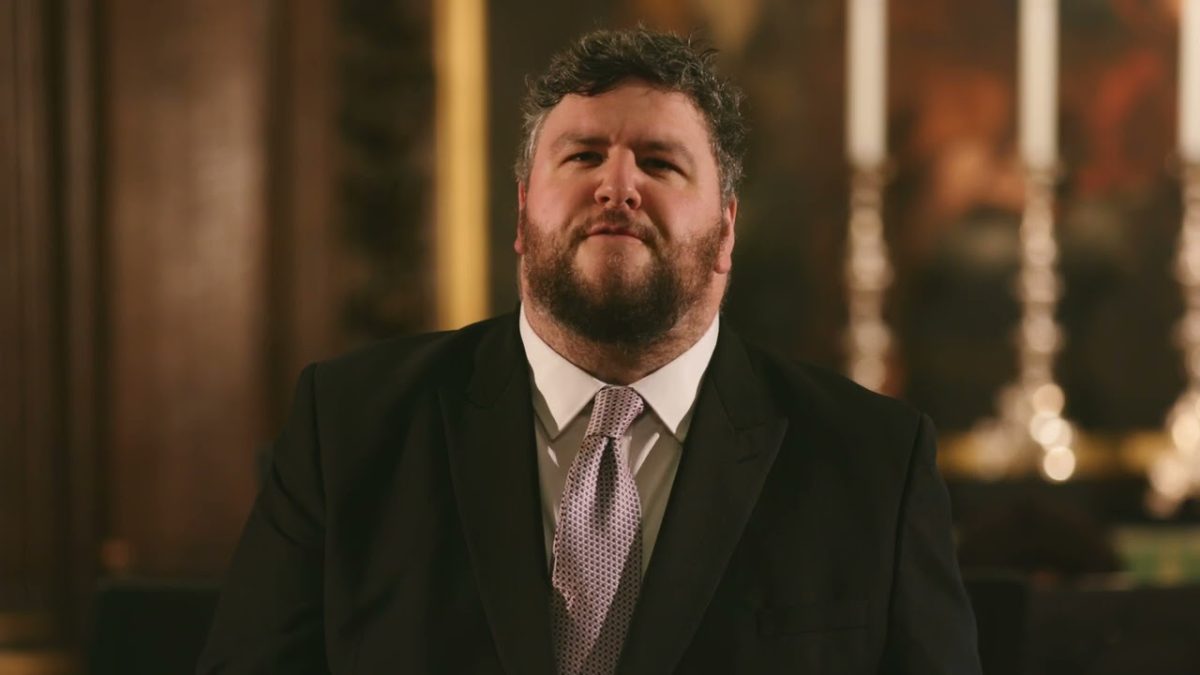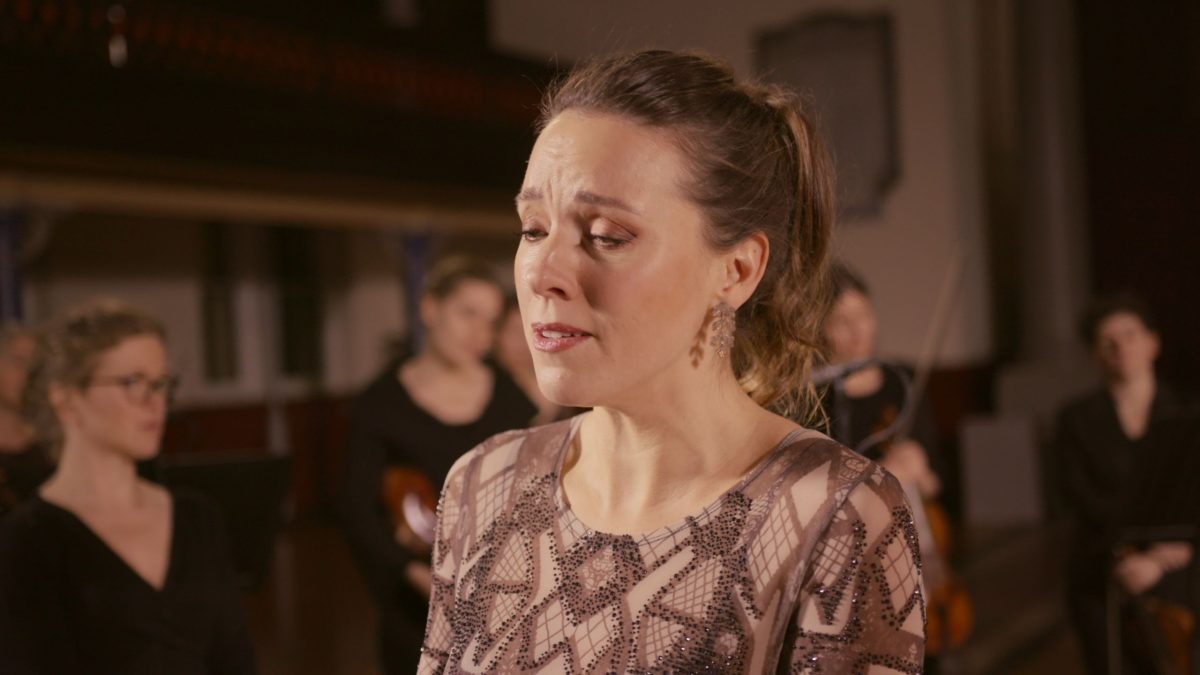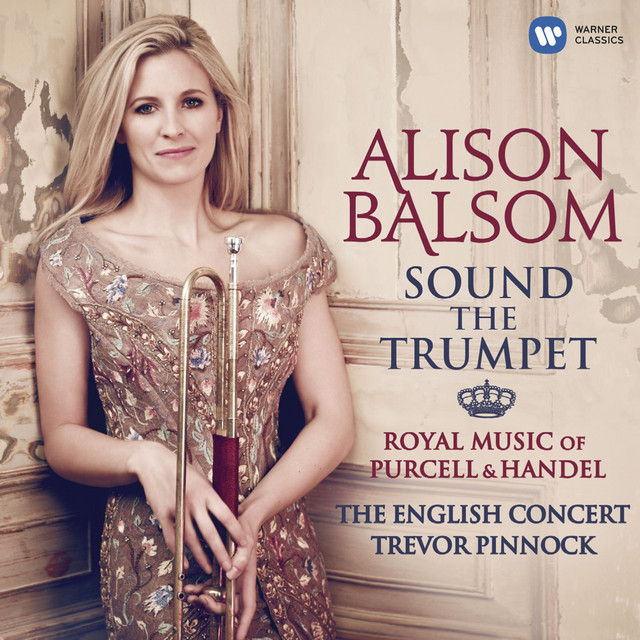Foundling Hospital Anthem
Handel’s Foundling Hospital Anthem explores how caring for those in need and supporting the vulnerable can create change, both for others and in ourselves. In a world that sometimes feels fractured and divided, this anthem brings a message of unity and hope, encouraging us to reflect on how we can make a difference in the lives of others. Handel composed …
Tanti Strali al Sen mi Scocchi
“Tanti Strali al Sen mi Scocchi” explores the dual nature of love — its beauty and its vulnerability. It speaks to the joy of connection while also touching on the fear of losing that bond. The longing for a secure, unbreakable relationship reflects a universal human desire for reassurance and permanence. The music offers a space to reflect on the …
Saul (Act 3)
Desperate and forsaken by God, Saul seeks guidance from the Witch of Endor, who summons the spirit of the prophet Samuel. Samuel foretells Saul’s impending doom, declaring that he and his sons will die in battle and the kingdom will pass to David. The prophecy is fulfilled as Saul and Jonathan are killed in combat against the Philistines. An Amalekite …
Saul (Act 2)
Act 2 delves deeper into Saul’s jealousy and the growing tension between him and David. Jonathan warns David of Saul’s murderous intentions, and the two reaffirm their friendship, with Jonathan vowing to protect David. Saul, consumed by envy, accuses Jonathan of disloyalty for siding with David and even threatens his own son. Despite Saul’s earlier promise to spare David, he …
Saul (Act 1)
The act opens with a triumphant celebration of David’s victory over Goliath. The Israelites praise God and honour David for his bravery. Saul, the king, initially welcomes David and offers him his daughter Merab in marriage, though Merab scorns the idea of marrying someone of lower status. Saul’s son, Jonathan, forms a deep bond of friendship with David, admiring his …
Samson
The genesis of Handel’s Samson The season in which Handel premièred Samson, at Covent Garden Theatre on 18 February 1743, marked his final departure from Italian opera and his permanent turn to English word-setting. The last of his more than 30 Italian operas for London had been produced, to small enthusiasm, in 1741. During that summer he wrote Messiah, which …
Armida Abbandonata
An early work of Handel, this secular cantata was composed in 1707, and premiered that same year at the Palazzo Bonelli, in Rome. Wanting to write opera after his early success in Hamburg, Handel traveled to Italy; however upon arrival in Rome, Handel discovered that opera had been banned by Papal edict. In lieu of opera, Roman aristocracy hosted performances …

